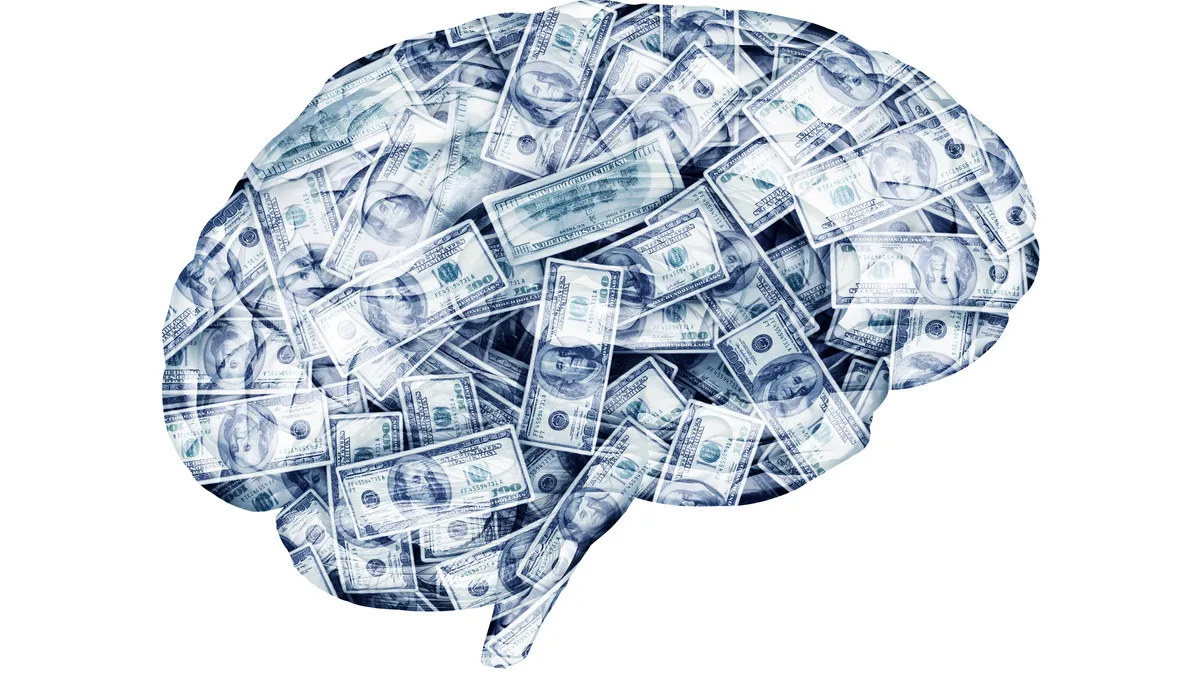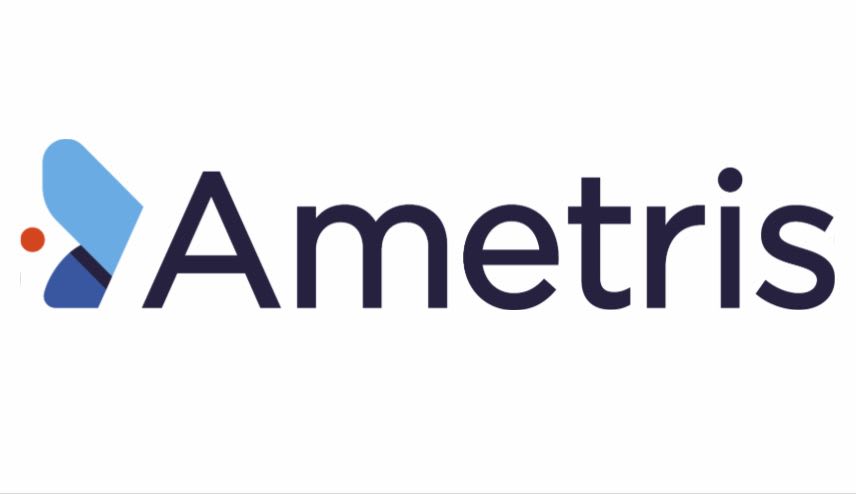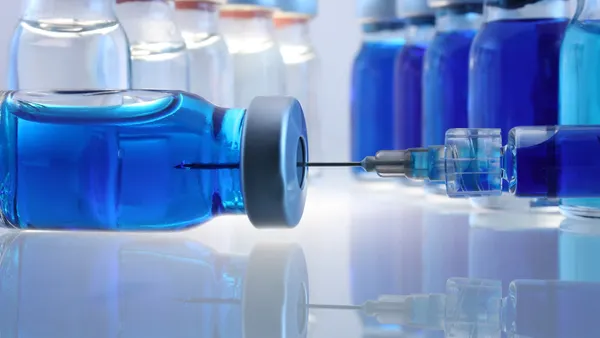Clinical trial results don’t often make waves in the mainstream press — unless the medication targets a condition the world is eagerly waiting to treat. So when Karuna Therapeutics announced new positive phase 3 results for its lead schizophrenia candidate in late March, the industry's eyes turned in the company's direction.
Schizophrenia impacts fewer than 1% of people worldwide but ranks in the top 15 leading global causes of disability. What’s worse, the antipsychotic drugs currently used to treat the condition often fall short. Upwards of 70% of patients stop taking them within the first 18 months either because they aren’t working well or because they can cause side effects such as weight gain, metabolic syndrome, or Tardive dyskinesia — an involuntary movement disorder.
“Many people living with serious mental illness are in dire need of new medicines that work differently than current treatments and can help them find relief from the burdensome symptoms associated with conditions like schizophrenia,” said Bill Meury, CEO and president of Karuna Therapeutics.
Karuna’s latest readout from its EMERGENT-3 trial built on another phase 3 study dubbed EMERGENT-2, which produced positive results in August. Both studies involved KarXT, a combo of xanomeline, which targets muscarinic receptors in the central nervous system to alleviate symptoms like psychosis, and trospium, which is used to reduce negative side effects triggered by the first drug.
The company now hopes to submit an NDA by mid-year and if approved, could launch the drug in the second half of 2024. KarXT would become the first drug with a new mechanism against schizophrenia to hit the market in decades.
Potential stumbling blocks?
In the EMERGENT-3 phase 3 trial acutely psychotic, hospitalized, adult patients with schizophrenia who took KarXT saw an 8.4-point reduction in “positive” schizophrenia symptoms, compared with placebo on the 30-item Positive and Negative Syndrome Scale (PANSS), a standardized gauge of symptom severity.
“It represents a decrease in symptoms such as hallucinations and delusions — the symptoms that often bring a person into the hospital because they are disruptive to daily functioning,” said David Walling, an investigator on the EMERGENT-3 trial.
“Many people living with serious mental illness are in dire need of new medicines that work differently than current treatments."

Bill Meury
CEO, Karuna Therapeutics
Overall, about 37% of people taking KarXT dropped out of the trial. But Meury is hopeful medication adherence with the drug will be an improvement over current standards of care.
“When schizophrenia treatment is discontinued, it can lead to impacts on health including relapse, hospitalization, and longer time to remission,” Meury said.
While KarXT was well tolerated by most people, some participants experienced mild to moderate side effects, most commonly digestive issues, headaches or insomnia. Antipsychotic drugs are also commonly linked to heart-related problems, such as high blood pressure and irregular heartbeats, but mean blood pressure measures in the KarXT treatment group were similar to placebo. However, some patients experienced an increased heart rate, which decreased later in the trial, Meury said. And no one in the trial discontinued treatment due to hypertension-related adverse events.
Still, the company’s share price went on a roller coaster ride after the readout. Analysts blamed the sudden stock fluctuations on several potential factors including the cardio risks and the fact that the trial missed its secondary endpoint of decreasing “negative” symptoms, such as apathy and withdrawing from social life.
Karuna is planning to launch a study to produce more data about the drug’s cardio risks this month, which could add a few months to its targeted NDA timeline. Meanwhile, the company is in a closely watched race with Cerevel Therapeutics, whose lead candidate for schizophrenia is in phase 2. But if Karuna crosses the regulatory finish line first, analysts predict the company’s revenue could skyrocket from $10.6 million in 2022 to $2.4 billion by 2028.
KarXT is also being studied as an adjunctive therapy for schizophrenia and for Alzheimer’s-related psychosis, and Mizuho estimated in December that it could pull in $6.8 billion in peak global sales for the multiple indications.
“We believe that with the body of evidence we have generated to date, we are another step closer to potentially transforming the treatment of people living with these conditions,” Meury said.











